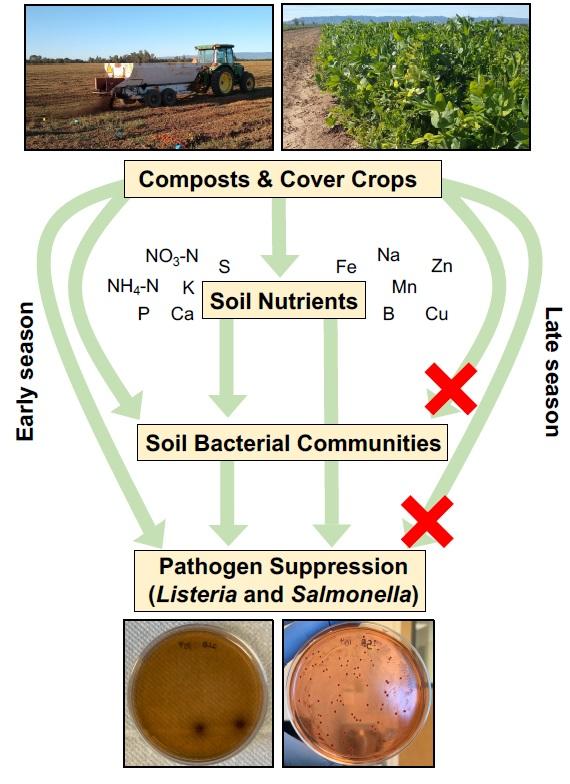
Credit: Dr. Devarajan
Foodborne disease outbreaks linked to the consumption of fresh produce have caused farmers to re-evaluate their practices. A recent analysis of a 27-year experiment comparing organic and conventional soil management indicates that animal-based composts do not promote pathogen survival and may even promote bacterial communities that suppress pathogens.
The study, which is published in the Journal of Applied Microbiology, comes following other research documenting a higher prevalence of foodborne pathogens in fields fertilized with raw animal manure compared with conventional fertilizers.
“Our findings suggest that abandoning animal-based composts should be reconsidered, both because of the known benefits of composts for soil health and because it may be possible to apply amendments so that food-safety risks are mitigated rather than exacerbated,” said lead author Naresh Devarajan, PhD, of the University of California, Davis.
###
Media Contact
Wiley Newsroom
[email protected]
Related Journal Article
http://dx.




